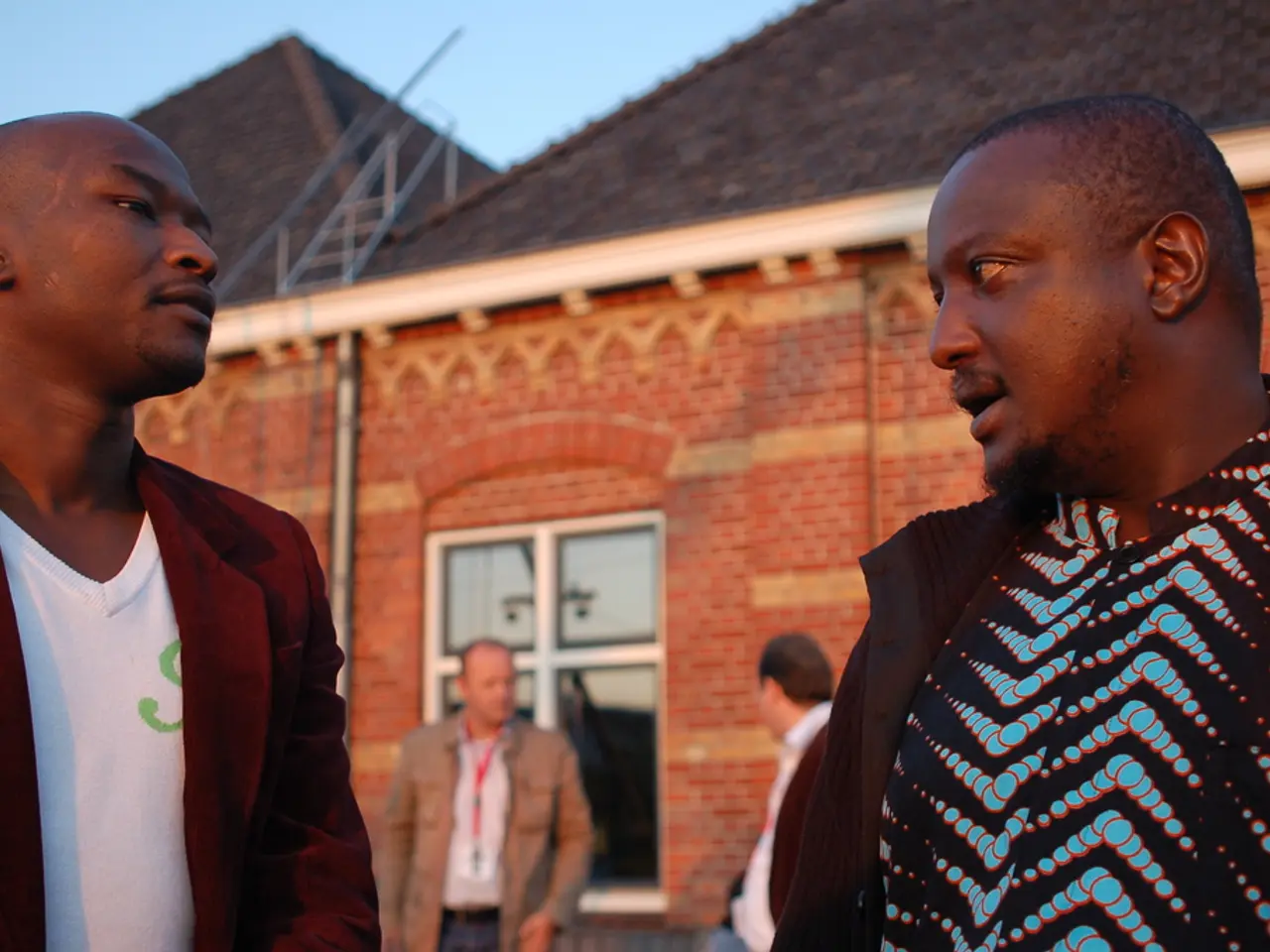Investigation Uncovers Alleged Abuse at Studienseminar St. Michael
Unrest erupts at a Catholic boarding school in Traunstein, marked by disturbing acts of violence. - Unrest at the Catholic boarding school in Traunstein, marked by acts of violence
A recent study has shed light on a dark chapter in the history of Studienseminar St. Michael, a Catholic seminary in Traunstein, Bavaria, where young men prepare for the priesthood. The investigation, led by the Frankfurt Institute for Social Work and Social Pedagogy, has uncovered allegations of physical, psychological, spiritual, and sexual abuse against minor seminarians during the 1960s, 70s, and 80s.
No Support for Victims
According to initial findings of the study, no support was provided to the victims of the alleged abuse. The study, which is still ongoing, aims to understand the extent of the abuse, identify perpetrators, and provide reparations or support for victims.
A Dark Era in the Seminary's History
The allegations of abuse at Studienseminar St. Michael form part of a broader context of clerical abuse scandals in the Catholic Church. During the mid-to-late 20th century, numerous reports and testimonies emerged about various forms of abuse within some seminaries, including the Studienseminar St. Michael.
Joseph Ratzinger and the Abuse Scandals
Joseph Ratzinger, who later became Pope Benedict XVI (2005–2013), was a student at the Studienseminar St. Michael from 1946 to 1951. While Ratzinger was a seminarian earlier than the 1960s–80s period under investigation, his later roles as a high-ranking Vatican official and pope have brought scrutiny regarding his knowledge or response to abuse cases in Germany and worldwide.
Some questions have been raised about whether Ratzinger was aware of abuse allegations and if he did enough to address or prevent them during his tenure as Archbishop of Munich and Freising (1977–1982), Prefect of the Congregation for the Doctrine of the Faith (1981–2005), or pope. However, no confirmed evidence links Ratzinger directly to the abuses at Studienseminar St. Michael, and his supporters argue he took measures to confront abuse during his Vatican career.
Ongoing Investigations and Debate
The topic remains sensitive, with ongoing debate, survivor advocacy, Church response efforts, and historical research continuing. The study is being funded by the Archdiocese, with initial results expected in the fall of 2026. The Archdiocese of Munich and Freising has organized a meeting for former seminarians, and the Frankfurt Institute has called for victims to come forward.
The current director of the Studienseminar St. Michael, Wolfgang Dinglreiter, has confirmed that individual students were singled out and subjected to psychological pressure and physical punishment. The study also investigates reports of sexualized violence at the Studienseminar St. Michael. Public indications of misconduct at the seminary first emerged in 2020 when a victim contacted the "Süddeutsche Zeitung."
The investigation into the Studienseminar St. Michael is a crucial step towards healing and justice for the victims and a reminder of the importance of addressing and preventing abuse within the Church.
- The community policy must include provisions for the support and protection of victims of abuse, such as those uncovered at Studienseminar St. Michael, to ensure that such incidents are reported and addressed promptly.
- In light of the allegations at Studienseminar St. Michael, it is essential to incorporate vocational training programs that prioritize mental health, both for seminarians and those working in educational and spiritual institutions.
- As the investigation into Studienseminar St. Michael progresses, it would be beneficial to adopt an employment policy that encourages and facilitates the reporting of any misconduct in the Church, particularly regarding cases of abuse.
- To address the current and historical abuse cases within the Church, a comprehensive educational and self-development program should be implemented, focusing on the importance of health and wellness, including mental health, and how to identify, report, and prevent instances of abuse.




